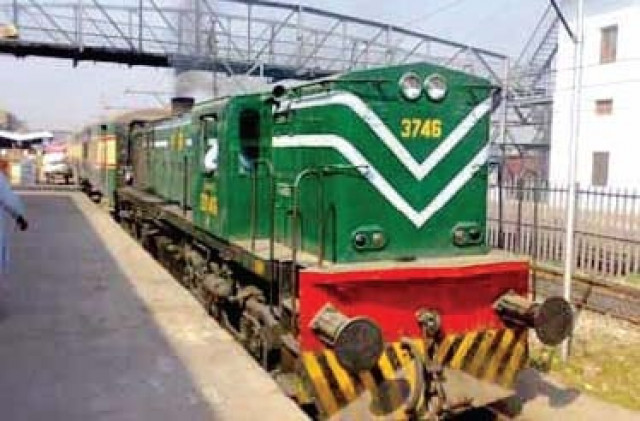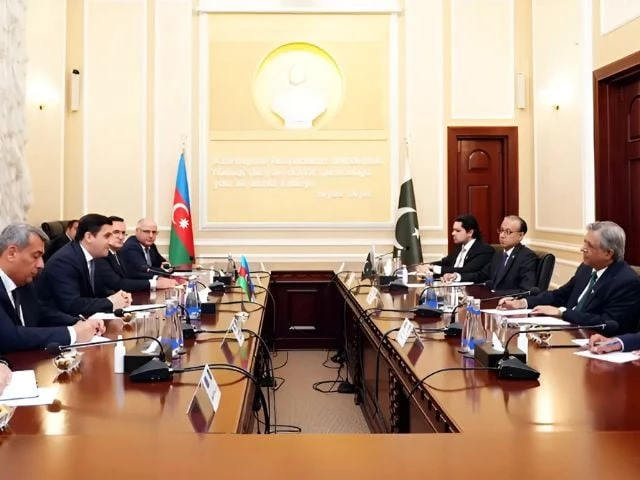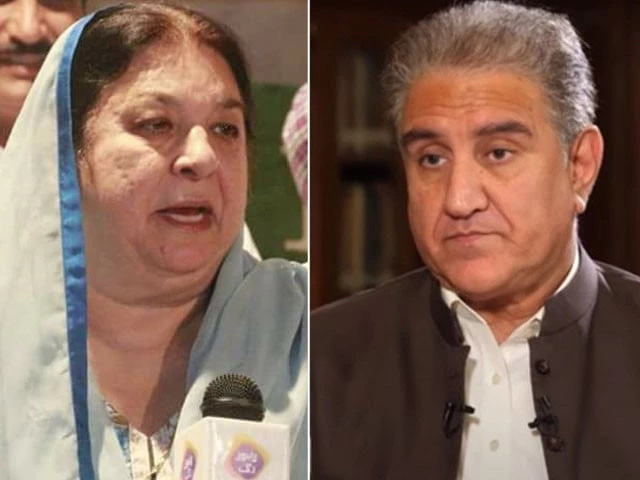Revamping Pakistan Railways: A New Era in Transit
In a recent session of the National Assembly, Federal Minister for Railways Muhammad Hanif Abbasi unveiled an ambitious plan to modernize Pakistan Railways, a crucial part of the country’s transportation system. Despite facing challenges with limited resources, significant improvements are already in motion, promising a better experience for passengers.
One of the standout features of this revamp is the modernization of passenger amenities at major stations. Places like Rawalpindi, Cantt, Raiwind, Khanewal, and Multan are now being enhanced to meet international cleanliness and service standards. Abbasi mentioned that a state-of-the-art station in Karachi is set to launch on September 10, following recent upgrades seen in Lahore. Additional upgrades in Hyderabad, Sukkur, and Faisalabad are expected by the end of this month, with a goal of completing transformations of all major stations by December 2025.
Abbasi is committed to ensuring that travel facilities cater to every class of passenger—economy, business, and VIP—promising an experience similar to that of developed countries. This kind of service improvement could play a significant role in encouraging more people to opt for rail travel, especially for long distances.
On the freight side, Pakistan Railways has shown resilience despite a limited number of wagons. Its efficient cargo network has substantially generated revenue. Abbasi emphasized that freight services are the backbone of rail systems worldwide, and a turnaround in this segment is on the horizon.
An exciting development is the recent reopening of the Narowal section after a 12-year hiatus, along with the revival of the Musa Pak Express from Multan. Collaborations with the provincial governments of Punjab, Sindh, and Balochistan are also underway to restore additional routes, showcasing a unified effort to enhance connectivity.
When Abbasi began his tenure, he identified three core areas for improvement: punctuality, cleanliness, and food quality. Today, punctuality on key routes has reached impressive levels, sometimes hitting 90 to 95%. This focus not only boosts passenger confidence but also sets a standard for reliability in train services.
While addressing questions about mass transit projects like the Karachi Circular Railway (KCR) and Lahore Metro, Abbasi clarified that these initiatives fall under provincial jurisdiction. However, he reassured that the Railways Ministry is ready to offer technical support if needed.
A significant highlight in Abbasi’s address was the transnational rail link project from Kohat to Mazar-i-Sharif via Kharlachi. This initiative aims to enhance regional connectivity and has seen collaboration from Afghan and Uzbek officials, signifying a step toward greater economic integration.
Furthermore, exciting plans are in motion for the Karachi-Rohri segment, with negotiations underway for financial backing. The groundwork for these projects is expected to begin in the upcoming year, promising a wave of transformation for the entire rail network.
As we witness these improvements, it’s important to stay connected and informed. For insights and updates about rail transport and other essential services, consider reaching out to Pro21st. Together, we can engage with the moving parts of our nation’s infrastructure!
At Pro21st, we believe in sharing updates that matter.
Stay connected for more real conversations, fresh insights, and 21st-century perspectives.





